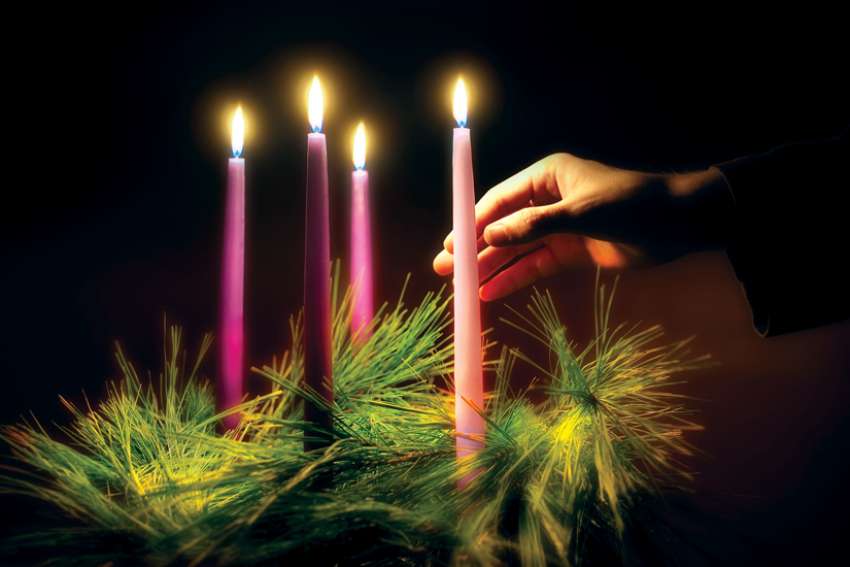This bigger than life ruler is absolutely perfect — wise, incorruptible, courageous and righteous. Even the heroes and leaders whom we have admired had their human foibles and weaknesses, sometimes shockingly so.
There is the intriguing promise that the promised leader will not judge by what he hears or sees, but with righteousness. This strikes a chord in the confusion and ignorance of our world, awash as it is in lies, distortions, alternate facts and technological manipulation and fraud. Wouldn’t it be nice if decisions were made on the basis of truth and righteousness!
Isaiah promises that the day will come when this figure — and he remains unnamed, even though Christian tradition links it with Jesus — will come to clean house and set the world straight. To drive the point home, the dramatic imagery of reconciled creation paints an imaginative world in which there is no longer fear of pain and death. Predators and prey will live in peace and children will no longer be in danger.
It is an inspiring prophecy and image, but it comes with some cautions. Many individuals or ideologies have claimed this role, promising to fix the world and provide justice. Unfortunately, they are not anchored in the mind and heart of God. Often, they demand that people give up their freedom, and instead of ushering in Heaven on Earth, they bring hell instead.
Any system or ideology that controls the minds and hearts of people through coercion is not from God. But the other danger is the temptation to sit back for the ride and leave everything for this messianic saviour to put right.
Advent is a time of expectant waiting and that does not mean doing nothing. It is a time of vigilance and zealous labour in the vineyard of the Lord. Having a saviour does not relieve us of our responsibility for the world and its people. The Messiah on the horizon should inspire us to even greater efforts.
The final caution is that despite the necessity for our toil and dedication, this is not our project — it is God’s show. For our efforts to be successful, our intentions must be pure and our actions reflect the divine will rather than human selfishness, greed and fear.
The psalm insists that God is concerned with justice, especially for the weak and needy. To set things right, we must be reasonably right ourselves.
What do we need while we wait? Romans names two things: steadfastness and encouragement. Many drop out along the way, for the finish line can seem a long way off. Steadfastness focuses on the present day and moment, advancing one step at a time, confident that God is with us.
Encouragement comes from many sources: Scriptures, the faith journeys of others and the sort of mutual encouragement we can receive in communities where people care for and trust one another. We cannot do it alone.
In secular society, there is often a challenge to questionable claims or dubious promises that hucksters make: Show me the money! Let’s see the evidence! John the Baptist preached passionately, urging people to repent — change their ways of thinking and acting — because the kingdom of God was near.
One cannot enter the kingdom of God “as is.” There are always those who approach religion as a sort of insurance, but they don’t let it really influence their daily lives much.
Jesus saw a line of folks of that sort. They wanted to flee the coming wrath of God’s visitation, but they showed no evidence of conversion or commitment. John had no use for their insincere and half-hearted “repentance” — and neither should we.
He warned them against relying on collective identity or membership in a group. For them, it was their status as the children of Abraham, but the same principle also applies to Christians who believe that merely belonging to the right church fulfills the requirements for God’s kingdom.
John demanded the fruits of repentance — the evidence of their change of heart. Nothing less would do. Waiting on the Lord is not some sort of game. How we wait reflects the depth and quality of our commitment and love.


